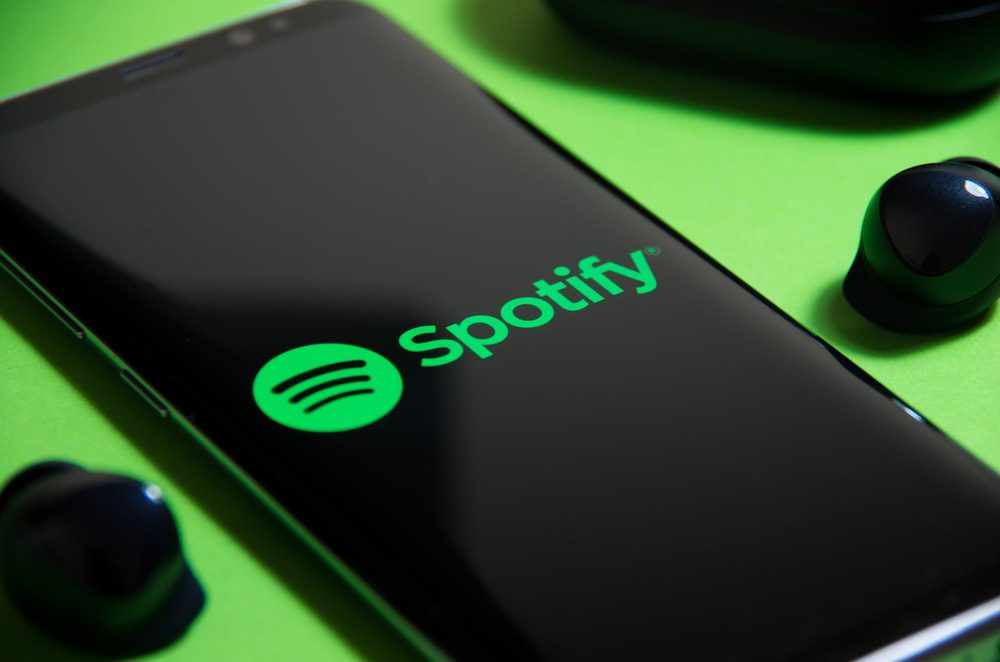
The problem I have with the term misinformation is that many of the things that we thought of as misinformation just a short while ago, are now accepted as fact. Eight months ago if you said “if you get vaccinated, you can still catch Covid, and you can still spread Covid” you would be removed from social media, they would ban you from certain platforms. —Joe Rogan
Last week, musician Neil Young posted a letter he had written to his management team, requesting that they inform the Swedish audio streaming platform Spotify that he is unwilling to be hosted by them so long as they continue to also host the “Joe Rogan Experience” podcast:
I am doing this because Spotify is spreading fake information about vaccines—potentially causing death to those who believe the disinformation being spread by them … Please act on this immediately today and keep me informed of the time schedule … I want you to let Spotify know immediately TODAY that I want all my music off their platform … They can have Rogan or Young. Not both.
Mr. Young was referring to podcaster Joe Rogan’s sit-downs with, among others, Dr. Peter A. McCullough and Dr. Robert Malone. The letter has since been taken down, as has Young’s music, from Spotify, with a few other artists following suit.
Spotify’s decision makes business-sense, with Joe Rogan representing the most listened to podcast on the platform and probably the world. Its popularity survived the 2020 move from streaming on YouTube and Rogan’s website to Spotify. This likely came with contractual commitments the platform would be unwilling to violate. All the same, the Swedish company has said that it will include a “content advisory” on content dealing with the pandemic and related subjects, directing listeners to a “COVID-19 Guide” to fight supposed misinformation and, presumably, promote sources and information amenable to those who disapprove of the podcast episodes in question.
For his part, Joe Rogan has responded, saying that he will try to have guests on with opposing views, and have the pertinent facts at hand when discussing controversial topics. He also said:
The podcast has been accused of spreading dangerous misinformation…the problem I have with the term misinformation, especially today, is that many of the things that we thought of as misinformation just a short while ago, are now accepted as fact. Like, for instance, eight months ago if you said ‘if you get vaccinated, you can still catch COVID, and you can still spread COVID” you would be removed from social media, they would ban you from certain platforms. Now, that’s accepted as fact.
Rather than citing this, many outlets seem to be reporting that the podcaster apologized for spreading misinformation, or something to that effect, even as they continue to associate the podcast with the promotion of livestock medication, by which they mean Ivermectin, whose use in humans is approved in many countries, and whose safety is amply documented.
It remains interesting, in all this, that far-reaching, global policy measures concerning the administration of specific medical products to the general population should so endear themselves to wealthy artists.
It is particularly strange that these measures should be so unquestionable that famous musicians would seek to boycott the mere hosting of conversations with an MD, MPH, board-certified cardiologist who has been invited to testify before U.S. Senate committees regarding COVID-19 (Dr. Peter A. McCullough), and the man who holds the original nine mRNA vaccine patents, with nearly 100 peer-reviewed publications cited over 12,000 times under his belt (Dr. Robert Malone).
Neil Young is likely as much a victim as would-be enforcer of that closure of discourse which hegemonic media messaging can generate.
